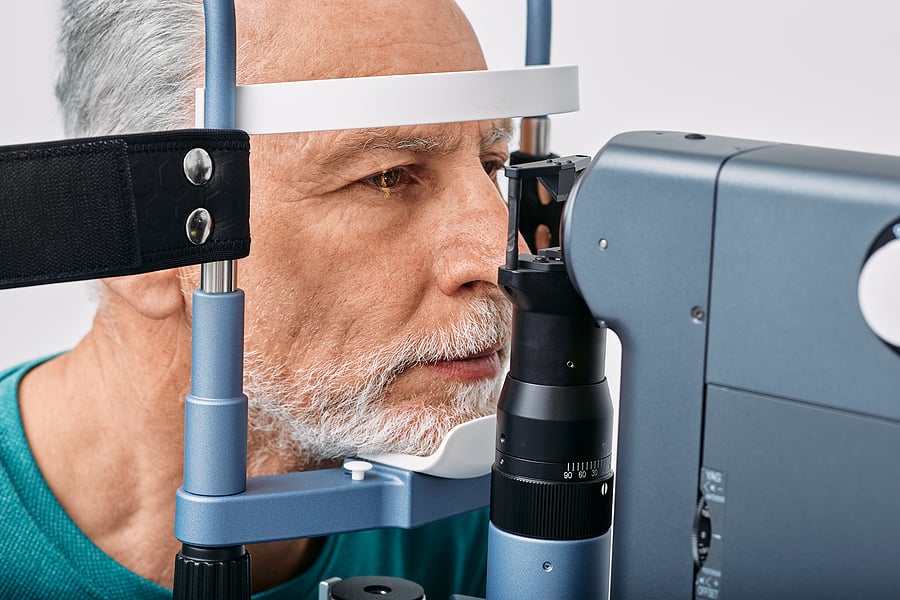National Eye Health Week
23-29 September is National Eye Health Week, a campaign that promotes eye health and encourages people to look after their eyes by booking in for regular sight tests.
Declining vision is a major concern for many people as they age; reducing the possibility of reduced or impaired vision is something we would all like to avoid.
Looking after your eyes doesn’t need to be difficult – there are plenty of everyday things you can do to protect your eyes and promote good eye health.
Book an eye test
Regular sight tests aren’t just about 20/20 vision. You should be getting your eyes tested every two years, even if you think your vision is fine or haven’t noticed any changes since your last visit.
Some eye conditions don’t show any noticeable symptoms at first, but if caught early can be treated successfully. A sight test could also help identify other health issues too; high blood pressure, raised cholesterol, diabetes and increased risk of stroke can all be detected during a sight test.
If you’re over the age of 70, have diabetes or have a family risk of glaucoma your optometrist may want to see you more regularly.
People over the age of 60 and anyone with diabetes or a family history of glaucoma are entitled to free eye tests under the NHS, and many employers will also cover the costs if you are working in front of a computer all day.
Keeping eye health within your sights
In between visits to your optometrist you can keep your eye health within your sights by making a few simple lifestyle changes.
- Quit smoking
There are plenty of reasons to quit smoking and here is another: smoking is directly linked to blindness. Smokers are nearly four times more likely to develop macular degeneration than past smokers or non-smokers. - Wear sunglasses
Sunglasses are safe as well as stylish and can protect your eyes from the harming effects of UV rays. Cumulative UV exposure can increase the risk of developing cataracts or macular degeneration – the leading cause of blindness in the UK. Look for frames that sport a CE, UV 400 or British Standard mark. - Use protective goggles
Wear protective goggles whenever you are working with hazardous or airborne materials to protect your eyes from injury. If you’re doing any activities where there will be lots of dust, chips, chemicals or flying materials a protective shield will help prevent any damage to your corneas. - Eat healthily
Foods rich in omega-3 fatty acids, zinc and vitamins C and E can help prevent age-related vision problems. Incorporate green leafy vegetables, oily fish like salmon and citrus fruit into your diet. - Switch off the screen
Many of us spend hours a day staring into our computer screens or working from a tablet. Working at a computer for extended periods of time can cause screen fatigue with symptoms like itchy, sore or tired eyes, impaired colour perception and temporary blurring. Keep your eyes feeling fresh by taking regular breaks away from a screen.
Do you get your eyes tested regularly?




















